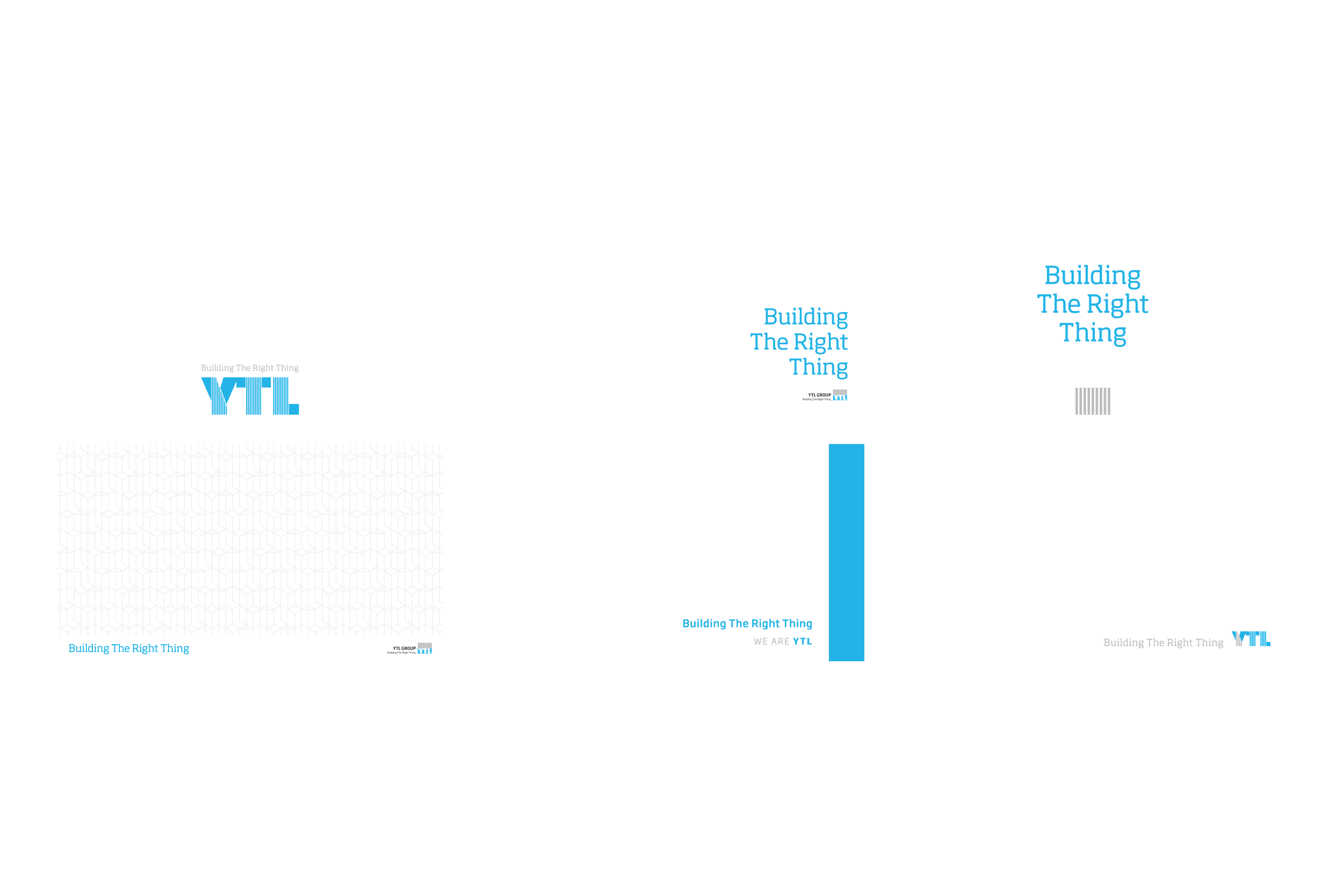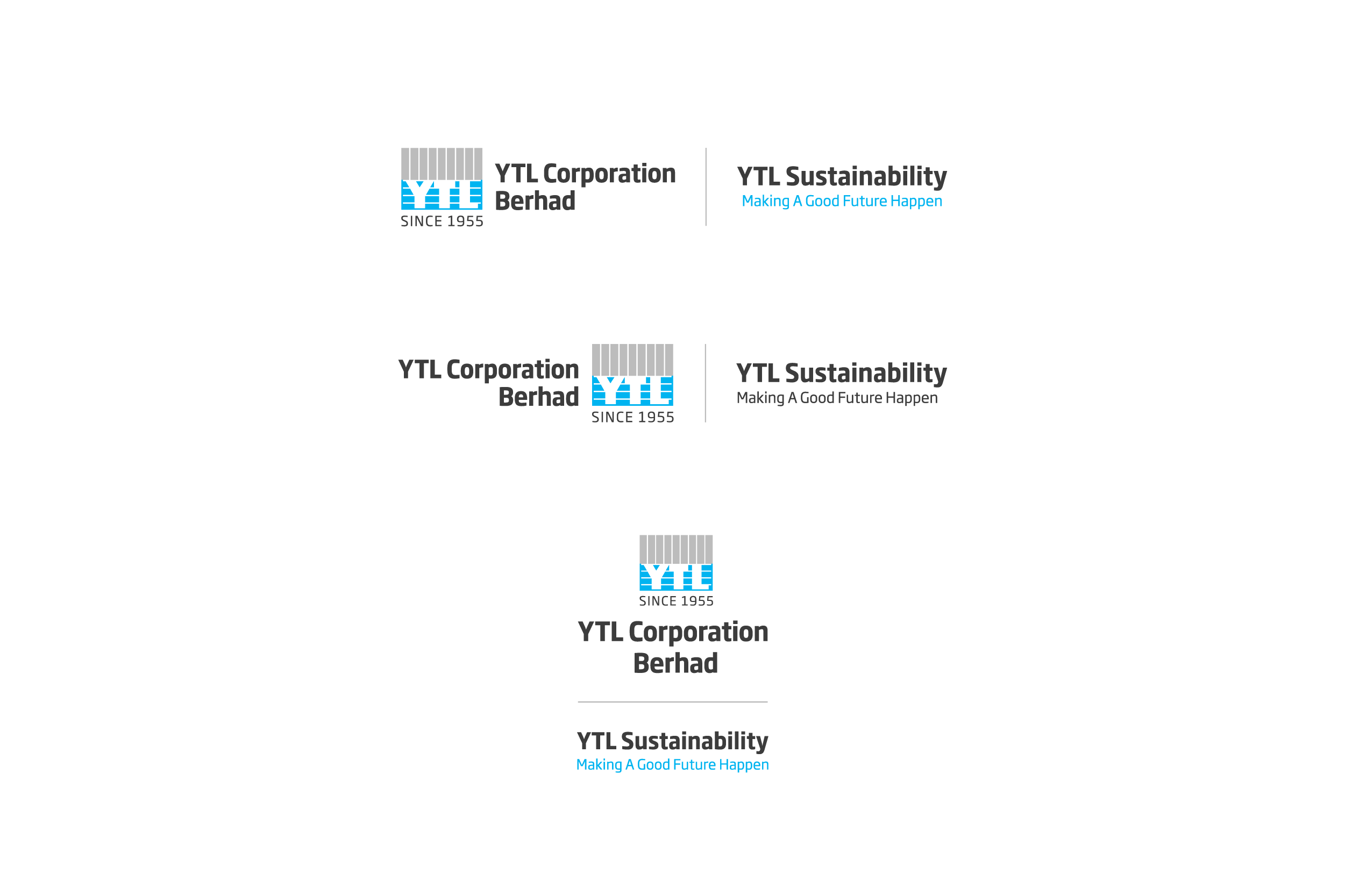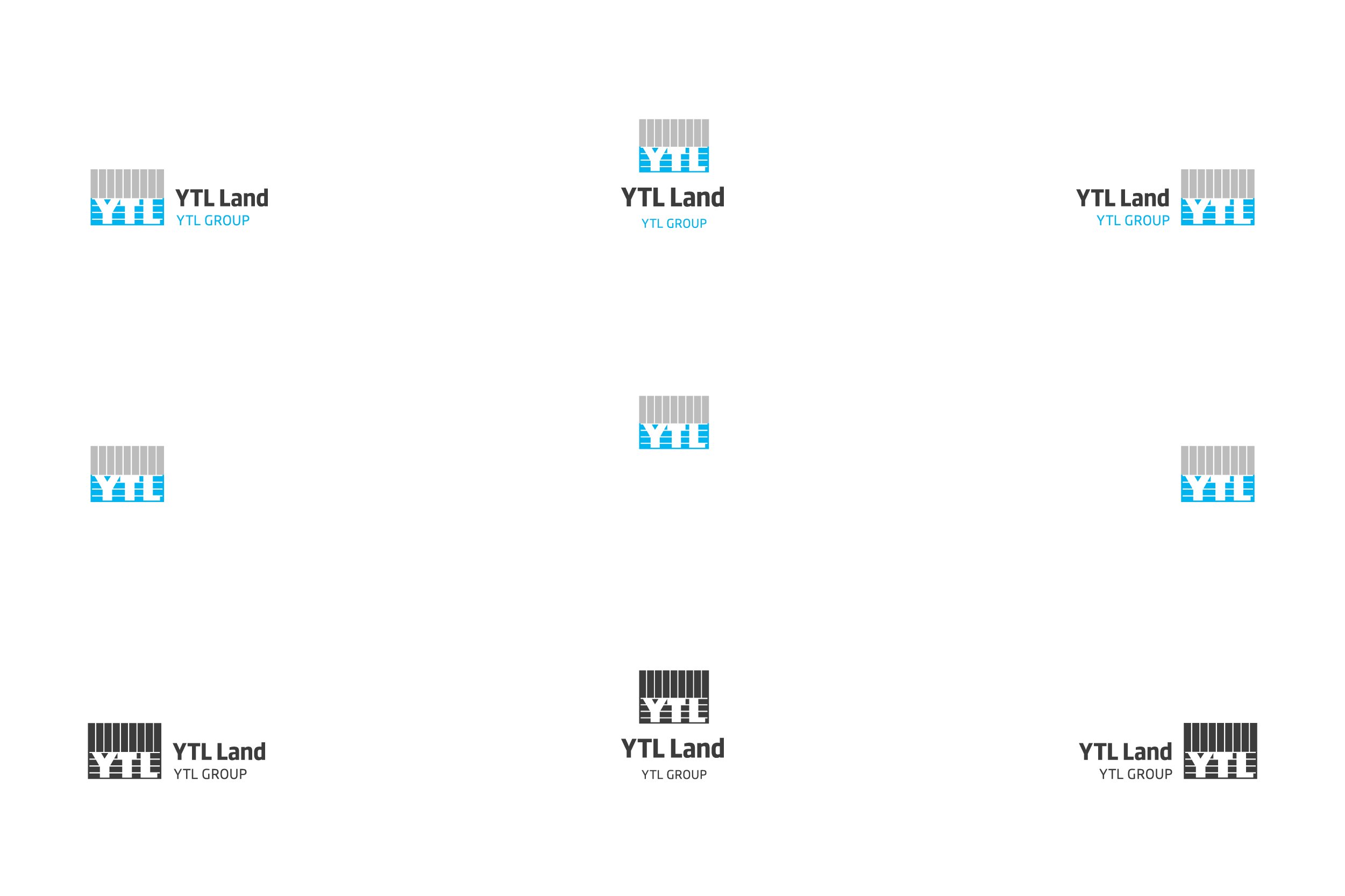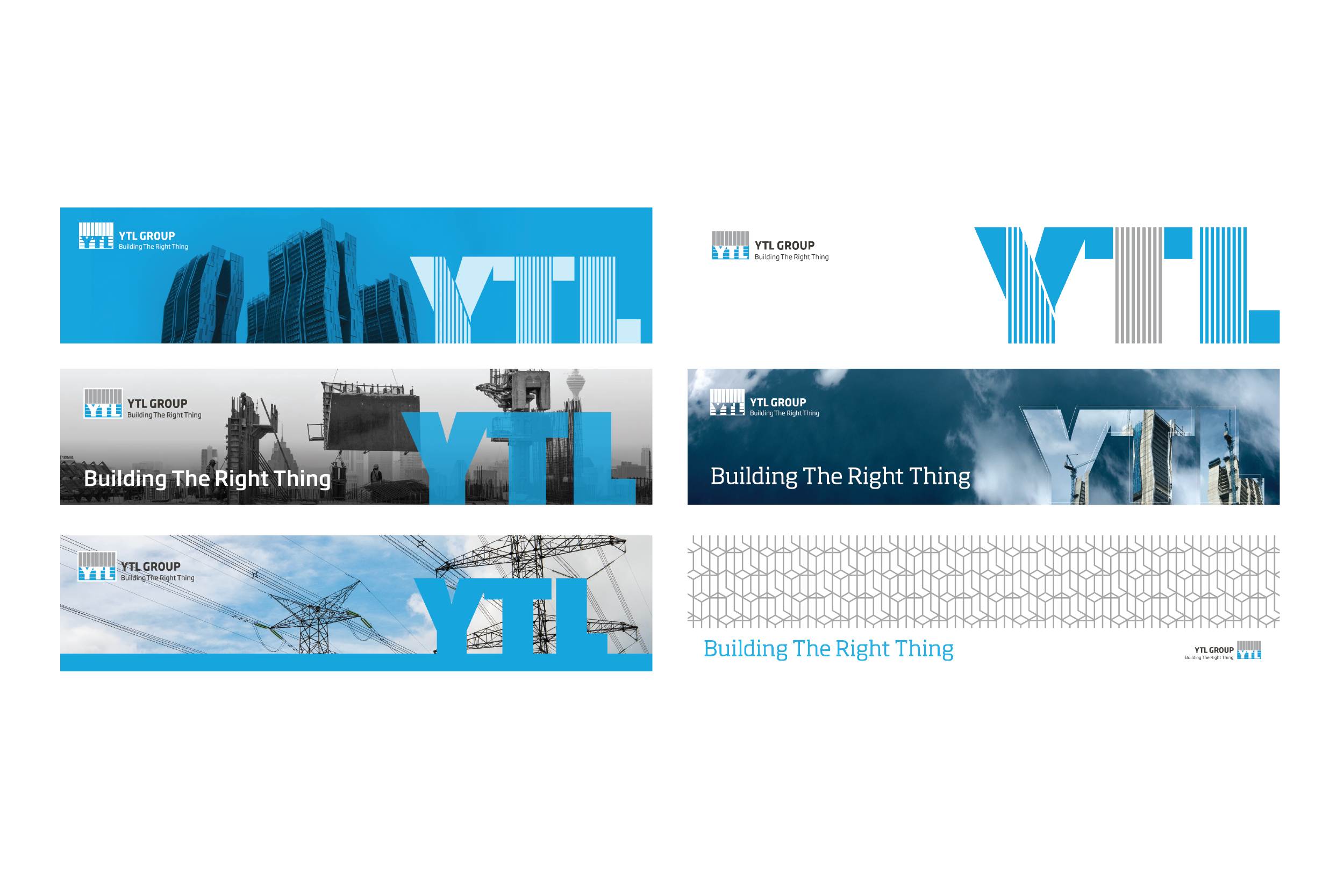by Anishametra Saravanan

A newly married couple in their late 20s are excited to find a place that offers a comfortable commute to work and has a backyard for their future family.
A recent college graduate is eager to move out of his rental apartment and become a first-time homeowner.
After years of saving, a single professional in her early 40s finally decides to invest in her dream home with a home office space and a serene garden where she can unwind after a long day at work.
Buying your first home, no matter what stage of life you’re in, is no easy feat. It’s a significant decision that requires a substantial financial commitment over several years. Before you begin searching for your dream home, there are certain things you need to organise. So, if you’re planning on taking the leap and purchasing your first home, here are a few essential steps you should take:
1. Set a realistic budget
Step one to in becoming a homeowner lies in having a good plan. Avoiding this step may cause a struggle in paying your mortgage down the line.
For instance, even if you are eligible for a hefty loan, it doesn’t necessarily mean you should take up the offer, if you are going to struggle with other payments. It’s best to be realistic about what you can afford based on your income and lifestyle when purchasing a house.
2. Have sufficient cash for upfront payments
Although most of a house can be paid through a bank loan, securing your preferred home will require you to make an initial payment from your own funds.
Down payment
In Malaysia, most banks offer loans of up to 90% of a property’s price for a buyer’s first two residential properties. This means you would need a minimum 10% of the property’s purchase price ready for down payment. If you opt to put a bigger percentage on your down payment, your loan amount will be reduced and this can either lower your monthly instalments or reduce the length of your loan.
Miscellaneous fees
Aside from the down payment, there are a lot of other upfront payments people often forget to consider. These include the sales and purchase agreement, stamp duties as well as the legal, valuation and agent fees. Many of these fees are calculated as a percentage of the property price and can add up to a pretty large sum of money. A rule of thumb is to set aside an extra 10% of the property price to pay for these costs.
3. Know your debt service ratio
One of the reasons banks scrutinise a housing loan before stamping their approval is due to Debt to service ratio (DSR). It calculates a person’s debt obligations and allows banks to determine whether someone can afford the loan they are applying for as well as how much monthly instalment they can afford to pay.
As new homeowners, be cautious and try not to overextend yourself and commit to an extremely tight budget as you may find it difficult to service your loan down the line. Without any wiggle room, an overspend in one month might lead you to spiral out of budget. That goes without saying, it might not be good for your health (or sanity) to be eating instant noodles continuously for the next 35 years.
4. Review your latest credit report
Credit reports are also important as they contain information on an individual’s outstanding debt, bankruptcy status, legal track record, and payment history. All these are calculated into a score; a higher score indicates good credit management.
Lenders such as banks use credit reports to assess a person’s financial health and evaluate their finesse as a borrower. If you have a bad credit score, this tells the bank that you have poor payment behaviour and spending habits, leading them to reject your loan or impose high interest rates. So, if you’re hoping to get your loan approved, it’s best to make sure your missed payments are settled and your other debts are paid off.
But what if you have never owned a credit card or applied for any loan? You might want to look at establishing a credit history. One way to do so is to own and use a credit card. Just be sure payments are made promptly.

Purchasing a property is a long-term commitment that should not be rushed into. It’s important you consider these 4 steps before taking the plunge and purchasing your dream home.
Ready to take the leap and becoming a new homeowner to a stunning property? Check out YTL Land’s available and upcoming residential properties.
Source:
The Simple Sum







